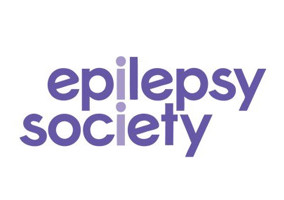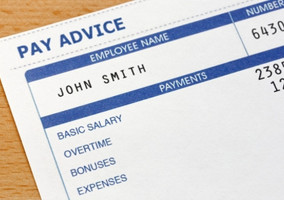The government has named several charities, including one with an income of £250m, for not paying the national living wage to some of their staff.
Today (5 August) the Department for Business, Energy and Industrial Strategy (BEIS) published a list of 191 organisations that owed £2.1m to more than 34,000 workers, after HMRC found they had broken minimum wage law.
The list includes Methodist Homes, which has a total income of around £250m, as well as a local Citizens Advice Bureau and a number of other small charities.
Methodist Homes failed to pay £29,244 to six workers, while South Worcestershire Citizens Advice Bureau failed to pay £2,739 to one worker.
Guru Nanak Sikh Temple failed to pay £2,556 to one worker and Education Development Trust failed to pay £575 to two workers.
Circadian Trust, trading as Sphere Leisure Ltd, failed to pay £13,828 to 290 workers.
'We immediately put in place a process of fully reimbursing any outstanding monies'
Circadian Trust operates leisure centres and said its breach was down employees not being aware they could claim uniform costs.
March Crutchley, chief executive of the charity, said: “Circadian Trust’s original staff uniform policy required some employees to wear trousers and shoes of a specific colour. Where uniform was not provided, employees were reimbursed for any clothing expenses they incurred, but we discovered that some employees were unaware they could claim. HMRC consider this as a cost which detracts from the employee’s pay, resulting in their net pay being viewed as below the national minimum wage threshold.
“On being made aware of this, we immediately put in place a process of fully reimbursing any outstanding monies to the few affected employees. We have also changed our uniform policy in order to avoid this situation occurring again. In future, Circadian will purchase and provide a uniform for all employees where a colour is stipulated, except for shoes which will simply be required to be suitable for their role.”
Crutchley added: “Circadian has a local reputation as an employer of choice, with benefits including free employee membership, an internal training academy and good career and salary progression. We are therefore very disappointed by this administrative error and would like to reassure our customers and staff that we have never paid our employees below the national minimum wage and remain committed to their development.”
A statement from Education Development Trust reads: “This is a legacy issue dating back to 2017, due to an error in how we initially assigned some training costs, and it was fully resolved at the time.”
Methodist Homes (MHA) has said it “robustly challenged” HMRC’s approach to calculating the national minimum wage, after rent rules meant MHA breached legislation.
Employers fined an additional £3.2m
The breaches took place between 2011 and 2018. Named employers have since been made to pay back what they owed, and were fined an additional £3.2m.
Employers who pay workers less than the minimum wage have to pay back arrears of wages to the worker at current minimum wage rates.
They also face financial penalties of up to 200% of arrears, capped at £20,000 per worker, which are paid to the government.
“Whilst not all minimum wage underpayments are intentional, it has always been the responsibility of all employers to abide by the law,” a statement from the government reads.
Minimum wage breaches can occur when workers are being paid on or just above the minimum wage rate, and then have deductions from their pay for uniform or accommodation.
The employers named underpaid workers in several ways.47% wrongly deducted pay from workers’ wages, including for uniform and expenses, 30% failed to pay workers for all the time they had worked and 19% paid the incorrect apprenticeship rate.
Paul Scully, business minister, said: “Our minimum wage laws are there to ensure a fair day’s work gets a fair day’s pay – it is unacceptable for any company to come up short.
“All employers, including those on this list, need to pay workers properly.”
Since 2015 the government has ordered employers to repay over £100m to one million workers.
Bryan Sanderson, chair of the Low Pay Commission, said: “These are very difficult times for all workers, particularly those on low pay who are often undertaking critical tasks in a variety of key sectors including care. The minimum wage provides a crucial level of support and compliance is essential for the benefit of both the recipients and our society as a whole.”
Editor's Note: This piece has been updated with response from Methodist Homes and Education Development Trust.
Related articles
Mind the gap: Looking at the gender pay gaps of the largest charities
As the deadline for reporting gender pay gap data passes, Alice Sharman looks at how charities are performing.












